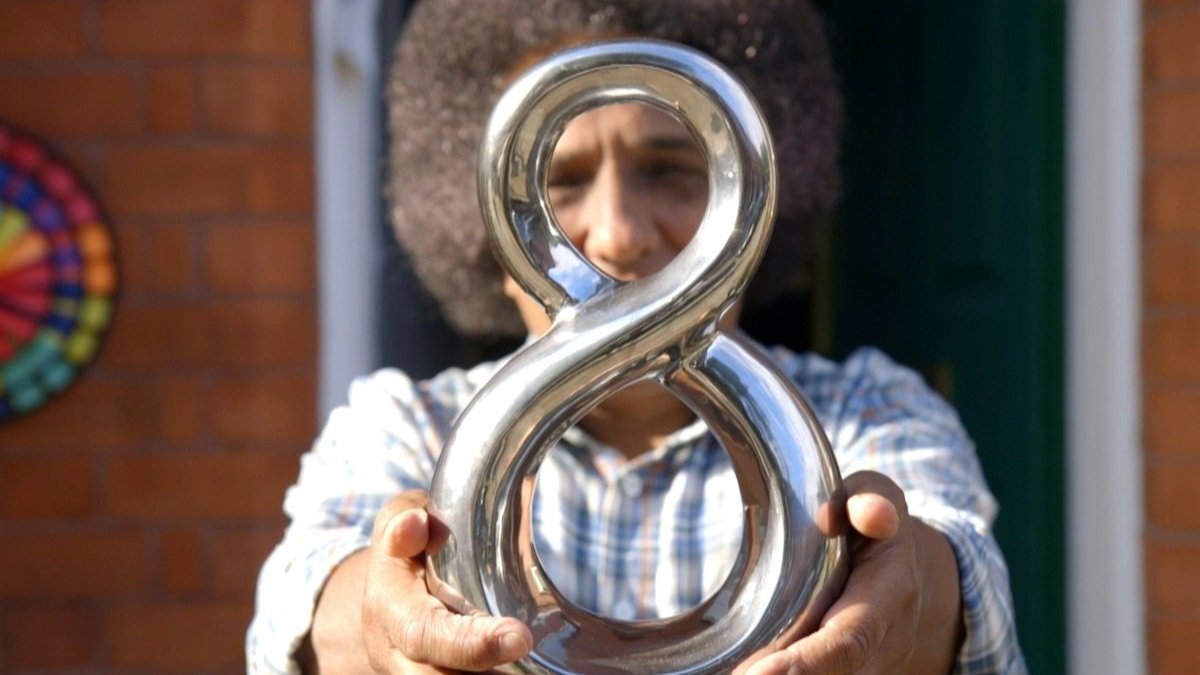Almost Liverpool 8
The loving portrait of a Liverpudlian community ends up as a shapeless mix.
‘L8’ is the postcode term by which local residents like to refer to the Toxteth district of Liverpool. For many in Britain the name of the area is inescapably associated with the fact that in July of 1981 rioting took place on its streets. That may be forty years ago, but it marked Toxteth as a place of poverty and deprivation where unemployment and racial tensions led to violence. The admirable aim behind Almost Liverpool 8 is to rebuild Toxteth’s reputation by revealing that it is now notable for having a multi-cultural community which, despite the ethnic range and the contrasted religious beliefs represented, co-exists in harmony. It makes perfect sense, therefore, that this film’s co-directors, Daniel Draper and Allan Melia, are both Liverpool residents.
It is, I think, important to stress that many will find much that is said in this film encouraging and uplifting, and all the more so because it reaches us at a time when racial issues, especially those involving black people, are so very much to the fore (indeed, since one of the problems back in 1981 centred on tensions between the police and the black community the fact that this film shows a much more positive outlook today could not be more welcome). Furthermore, the film stresses Liverpool’s reputation for encouraging the arts and a whole range of photographers and poets are amongst the citizens who contribute their comments.
But, while the subject has strong appeal, I regret to say that I find the film itself sadly lacking. Draper and Melia have opted to eschew any commentary and the only evidence of shaping the material comes from giving it one extended thread: the effort of the writer Ronnie Hughes to track down the site where about fifty years ago the notable photographer Don McCullin took a picture of a girl in or near the area. Rather desperately, this is spun out so that the solution to that question can conclude the film and explain its title. Meanwhile, McCullin himself, a man deeply fond of Liverpool, appears and reminisces, but this footage and a whole range of interviews unfold in the most arbitrary way.
Nothing builds, and it doesn’t help that thoughts are prompted of better films. For a view of Liverpool from a great filmmaker, you can turn to Terence Davies and his 2008 film Of Time and the City which shares with this a depth of feeling but also expresses a complexity of feelings that contrast with the sense that Almost Liverpool 8 is painting what could well be an over-optimistic portrait. Then there’s the question of the photography: co-director Melia is credited not just as the photographer but for his stills and far too many shots seen here would look fine in an exhibition but hinder the flow that a film needs (in that respect contrast Zed Nelson’s 2019 documentary about Hoxton, The Street, which showed how Nelson, himself a noted photographer, had a real flair for cinema).
Throw in an occasional poem delivered direct to camera, a letter to a child that is read out or a subtitled quote in French and you add to the shapeless mix, as does a scene in which Wendy Okoli speaks the words of Stesia Fanek, the girl in the photo, who did not want to appear in the film. But, atmospheric though it is, this does not amount to quality film making despite the fact that audiences will love many of the people who appear in it and will applaud the film’s intention.
MANSEL STIMPSON
Featuring Don McCullin, Ronnie Hughes, Roger McGough, Delucia Emini, Elliss Eyo-Thompson, Amina Atiq, Ab Badwi, Jane McNeil, Galal ‘Adam’ Saleh, Cassius James, Barry Chang, Joe Farrag, Buster Nugent, Wendy Okoli, Yusuf Ashour, Brodie Arthur, Eugene Lange, Hawkar Tala, Rita Smith.
Dir Daniel Draper and Allan Melia, Pro Daniel Draper and Christie Allanson, Screenplay Donald Draper, Ph Allan Melia, Ed Christie Allanson.
Shut Out The Light-Dartmouth Films.
89 mins. UK. 2021. Rel: 1 September 2021. Cert. 12.


